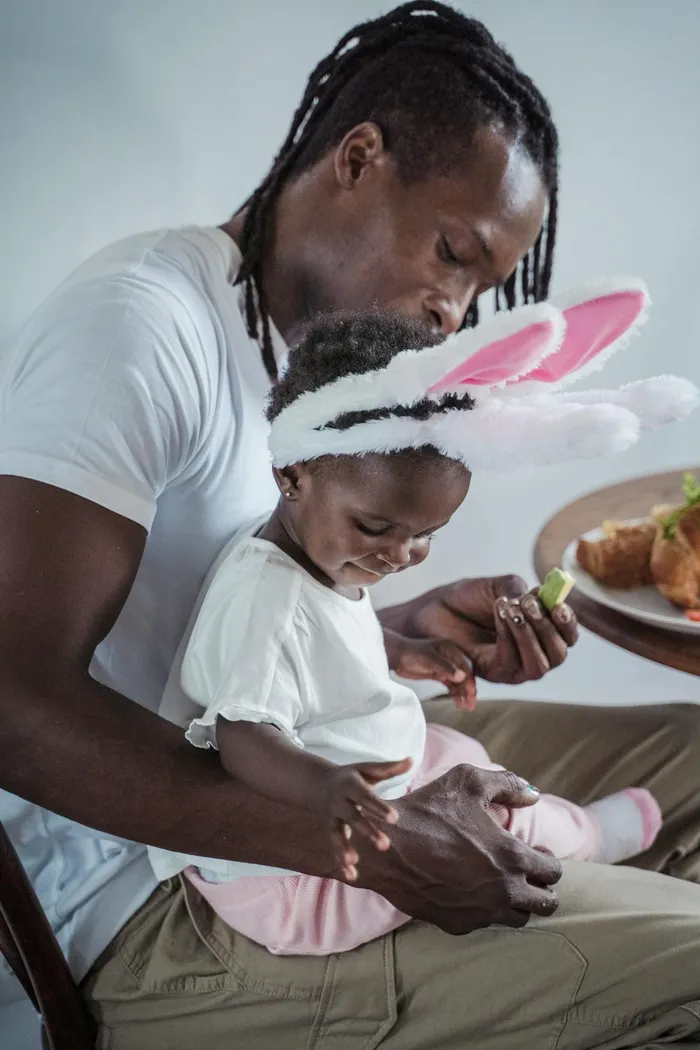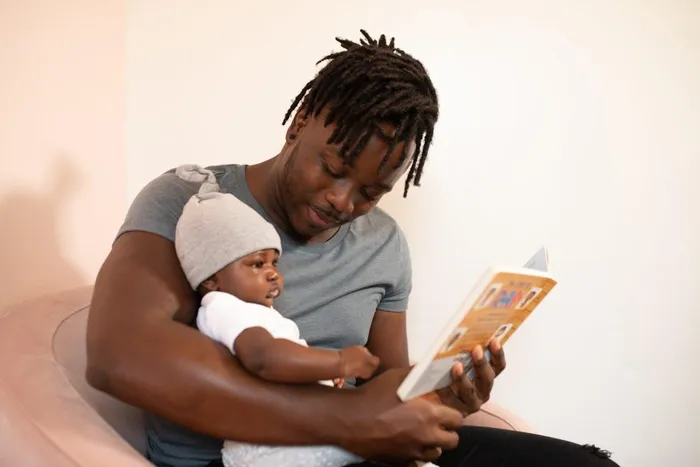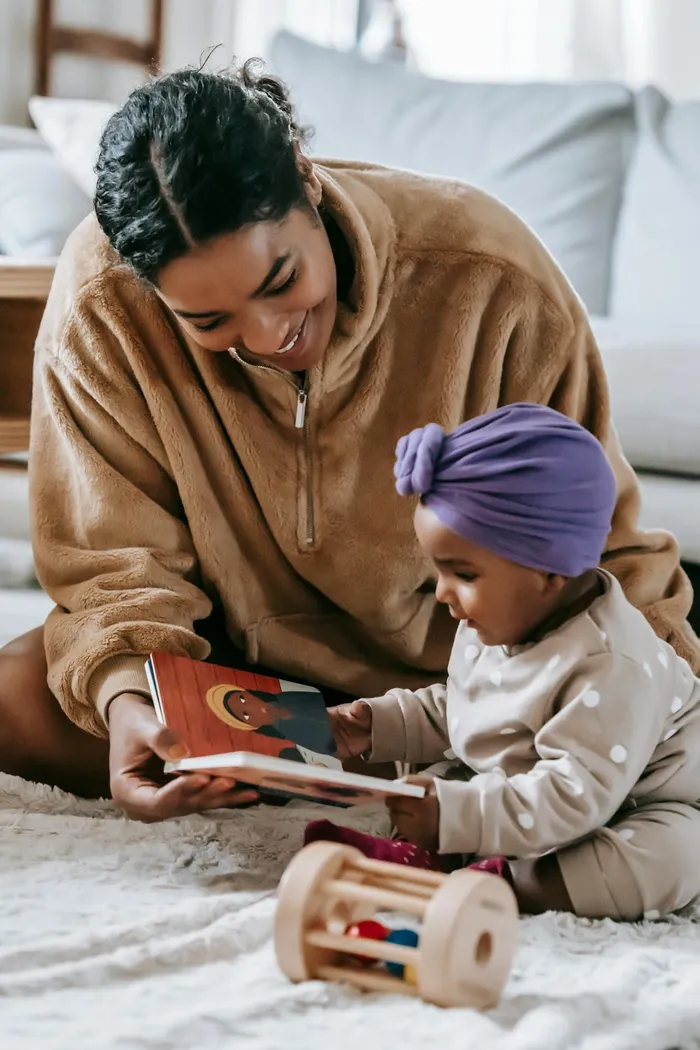Baby babble to first words: unlocking the secrets of speech milestones with expert insights
CHIILD DEVELOPMENT

Some children may talk sooner, while others take longer, and both are perfectly normal.
Image: Sasha Kim b/Pexels
One of the most magical moments for any parent is hearing their baby’s first words. For new moms and dads in South Africa, this milestone can feel like both an exciting and anxious wait.
After all, every child develops at their own pace, and it’s natural to wonder if your little one is on track.
According to Nicole Mackiewicz, M.S., an early childhood development researcher at the Fisher-Price Lab and a mom of two, “Every child takes a unique path to reach their developmental milestones.”
That holds especially true for language development, which may begin with giggles, babbles, and gestures long before you hear that first “mama” or “dada".
So, when do babies start talking? The short answer is: when they’re ready. While babies generally start saying their first words around 12 months, the timeline can vary widely.
Language development is a gradual process starting from birth, as infants explore sounds and learn to make sense of the world around them.
In South Africa, where cultural diversity introduces children to different languages and dialects, this process may look a little different. Studies suggest that children raised in multilingual households often have a richer vocabulary across multiple languages.

Reading to your baby introduces them to the rhythm and flow of language.
Image: nappy /pexels
Language development timeline
Here’s a simple breakdown of how babies typically develop communication skills:
0–6 months:
- Babies coo, laugh, and squeal.
- They respond to familiar voices and sounds.
- They start experimenting with sounds like “ooh” or “ahh.”
6–12 months:
- Babbling begins with sounds like “ba-ba” or “da-da”.
- Babies may start associating certain sounds with meanings, e.g., saying “ba” for bottle.
- By 12 months, many babies say their first word.
- 12–18 months:- Vocabulary expands to 5–20 words.
- Babies begin to point at objects and name them.
18–24 months
A “word spurt” often occurs, with vocabulary growing to 50+ words.
Toddlers may string two words together, like “want toy” or “mama car”.
It’s important to remember that these milestones are averages, not deadlines. Some children may talk sooner, while others take longer, and both are perfectly normal.

Toys that mimic everyday objects, like animal figures or mini playsets, can spark your child’s imagination and encourage pretend play.
Image: William Fortunato /pexels
How to help your baby start talking
As parents, there are plenty of things you can do to encourage your child’s language development. Here are some expert-backed tips that are simple, fun, and effective:
1. Start story time early
Reading to your baby introduces them to the rhythm and flow of language. Choose books with bright illustrations and simple words. Point to pictures, name objects, and even make animal sounds to keep things engaging.
2. Sing and rhyme together
Music is a powerful tool for language learning. Simple nursery rhymes and sing-along songs help toddlers recognise patterns in words. Plus, a little dancing makes it a fun bonding activity!
3. Narrate everyday activities
Talk to your baby throughout the day, describing what you’re doing. For example, “Let’s put on your red shoes!” or “Time to eat, here’s your spoon!”
Hearing these words repeatedly helps your child connect sounds to objects and actions.
4. Encourage play with real-world toys
Toys that mimic everyday objects, like animal figures or mini playsets, can spark your child’s imagination and encourage pretend play. This helps them practice naming objects and forming sentences.
5. Praise their efforts
When your little one attempts to say a word, even if it’s not perfect, celebrate their effort. Positive reinforcement builds their confidence and motivates them to keep trying.
6. Have conversations, even if they babble
Respond to your child’s babbles as if you’re having a real conversation. For instance, if they point at a dog and say “woof”, you can reply, “Yes, that’s a dog! The dog says woof!”
This back-and-forth teaches them the basics of communication.
7. Model speech
Let your baby watch your mouth when you talk. Exaggerate the movements of your lips and tongue to help them understand how sounds are formed.
While every child develops at their own pace, there are times when a speech delay might warrant professional attention.
Consider consulting a paediatrician or speech therapist if:
- Your baby isn’t babbling by 12 months.
- They don’t say any words by 18 months.
- They struggle to make eye contact or engage socially. Early intervention can make a big difference, so don’t hesitate to seek support if you’re concerned.
Language development is an incredible journey that reflects your baby’s growing curiosity and understanding of the world.
As a parent, your role is to create an environment filled with love, encouragement, and opportunities for learning.
Whether it’s through storytelling, singing, or simply chatting about your day, the small efforts you make today will shape your child’s communication skills for life.
Remember, every baby is unique, and milestones aren’t a race.
Related Topics:
